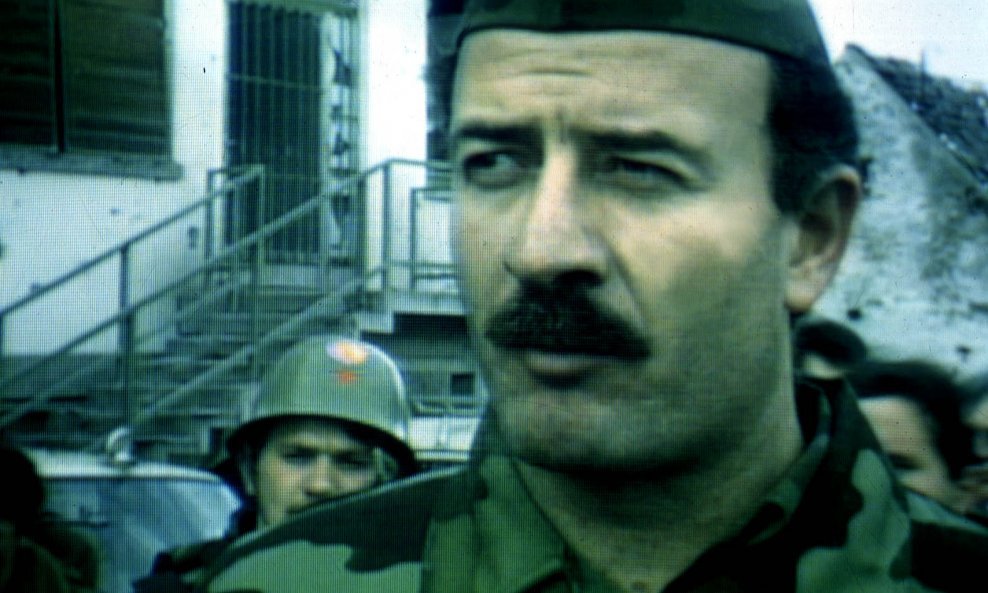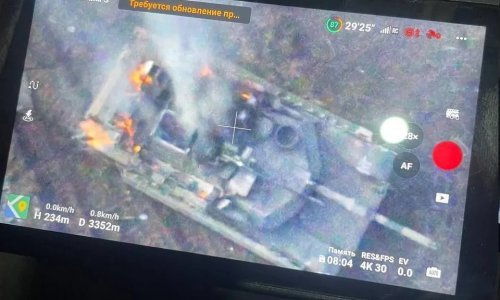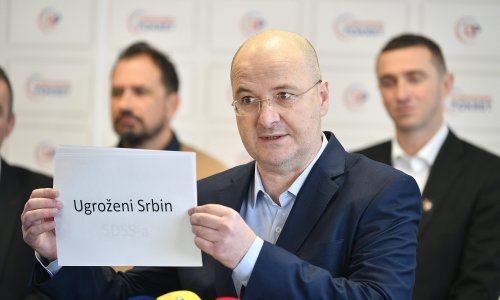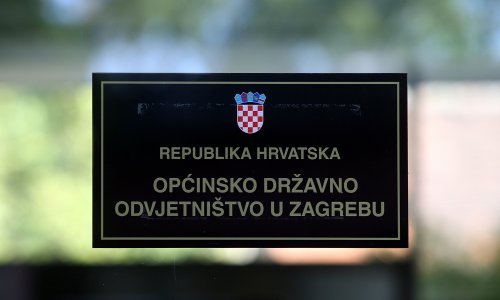The International Criminal Tribunal for the former Yugoslavia (ICTY) in The Hague on Wednesday altered the final judgement against Yugoslav army officer Veselin Sljivancanin for war crimes committed on the Ovcara farm outside the eastern Croatian town of Vukovar in 1991, reducing his prison sentence from 17 to 10 years.
Having reviewed the final judgement, the ICTY Appeals Chamber accepted the defence argument that Sljivancanin had not known about the withdrawal of military policemen from Ovcara and was therefore not guilty of the murder of 194 Croatian prisoners of war on the farm in November 1991.
Judges, however, concluded that Sljivancanin was responsible for the torture of the POWs and sentenced him to 10 years' imprisonment.
The time Sljivancanin has spent in detention will be credited towards his sentence.
This is the first time in the history of the ICTY, which was established in 1993, that a final verdict has been altered.
Sljivancanin, former head of security of the JNA Guards Brigade, was sentenced in September 2007 to five years in prison for the torture of Croatian prisoners of war and was released immediately because he had served most of his sentence. However, in May 2009 the Appeals Chamber found him guilty of aiding and abetting in the killings and increased his sentence to 17 years in prison.
The request to review and alter the final judgement was based on a witness statement by retired JNA officer Miodrag Panic, who said that on 20 December 1991 he had not heard that Mile Mrksic, commander of the JNA Guards Brigade, had informed Sljivancanin about the withdrawal of military policemen from Ovcara that left the prisoners at the mercy of Serb paramilitaries.
The judges who reviewed the judgment concluded that Panic's testimony was credible and that a new fact had been proven - namely, that Sljivancanin did not know about the withdrawal of the JNA from Ovcara and therefore could not be responsible for the massacre that took place at Ovcara on 20 and 21 December 1991.
Ignoring that information would lead to a wrong conviction, presiding judge Theodor Meron said.
The new fact that Panic testified about contradicts the conclusion in the final judgement that Sljivancanin was guilty of aiding and abetting in the killings, Meron said while reading the final ruling against the member of the so-called Vukovar Three.
The Appeals Chamber therefore quashed Sljivancanin's verdict for aiding and abetting in the murder of 194 Croatian prisoners of war, abolished his sentence of 17 years' imprisonment, and sentenced him to 10 years in prison. All the other parts of the final judgement remain in force.
Sljivancanin's defence counsel had asked that the review of the verdict not result in a sentence of more than six years in prison.
Sljivancanin was arrested in Belgrade on 13 June 2003 and transferred to The Hague on 1 July 2003. His trial started on 11 October 2005.
He was in custody during the trial, and was released in December 2007 after having served 90 percent of his five-year prison sentence.
He was placed again in the tribunal's custody on 4 May 2009, the day before the final judgment was announced, sentencing him to 17 years in prison.
The two other members of the so-called Vukovar Three are the commander of the JNA Guards Brigade, Mile Mrksic, who was sentenced to 20 years in prison for the Ovcara atrocity, and JNA Captain Miroslav Radic, who was acquitted.
































